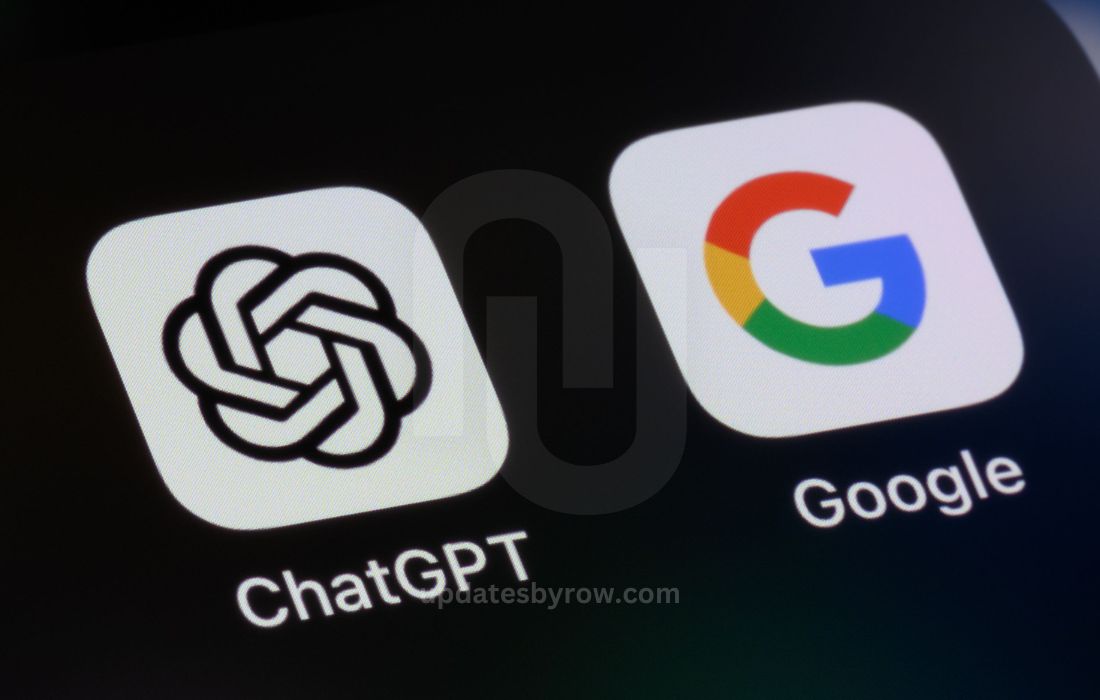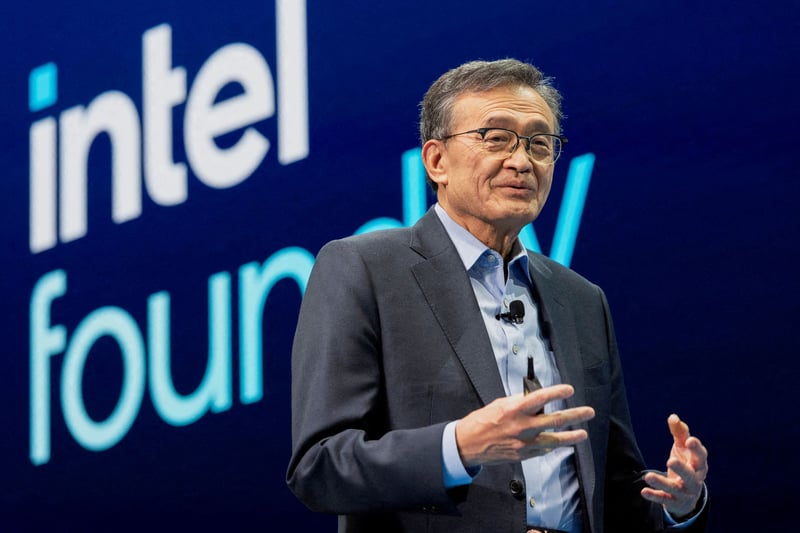OpenAI Could Buy Chrome If Antitrust Ruling Forces Google to Sell
Washington D.C. — OpenAI may consider acquiring Google’s Chrome browser if antitrust regulators compel its parent company, Alphabet, to sell it. This was revealed in court on Tuesday during testimony by OpenAI executive Nick Turley, according to Reuters.
The statement came during the ongoing U.S. Justice Department’s antitrust trial against Google. The government aims to introduce structural reforms to reduce Google’s control over online search.
Google Ruled a Monopoly
In a previous ruling, a judge declared that Google holds a monopoly in the search and digital advertising market. Although the tech giant plans to appeal, it has not offered Chrome for sale as of now.
OpenAI Rejected in Attempt to Partner with Google
Turley testified that OpenAI had reached out to Google in hopes of using its search technology to improve ChatGPT. OpenAI cited reliability concerns with its current provider.
“We believe having multiple partners, especially access to Google’s API, would help us build a better product,” OpenAI told Google, according to an internal email.
However, Google declined the request in August, citing competitive concerns. The refusal effectively ended any hope of a partnership.
“We have no partnership with Google today,” Turley told the court.
DOJ Remedies Could Benefit ChatGPT
The Department of Justice has proposed several measures to reduce Google’s dominance, including forcing the company to share search data with other firms. Turley acknowledged that these steps could significantly help enhance ChatGPT’s capabilities.
Currently, ChatGPT cannot handle most user queries independently, Turley admitted. Search remains a critical component for delivering factual and real-time information to users.
Monopoly May Extend to AI, DOJ Warns
The trial also raised alarms about Google’s potential monopoly in the artificial intelligence space, as it continues to leverage its search dominance to gain more ground in AI.
Google disagrees with this perspective. The company argues that the case is strictly about search, and insists that other AI companies like Microsoft and Meta remain strong competitors.
Exclusive Deals Under Scrutiny
Judge Amit Mehta previously found that Google used exclusive agreements, including one with Samsung, to maintain its dominance. Internal documents showed Google had considered bundling Chrome with its Gemini AI app and its search engine in exclusive deals.
Although Google has since modified many of these agreements to make them non-exclusive—with partners like AT&T and Verizon—the Justice Department is seeking stricter limitations. These include a ban on paid placement arrangements.
Google Claims More Room for Rivals Now
In response, Google executive Peter Fitzgerald testified that recent contracts give more flexibility to device makers. He said that partners were reminded just last week that they can feature rival AI tools on their devices.




